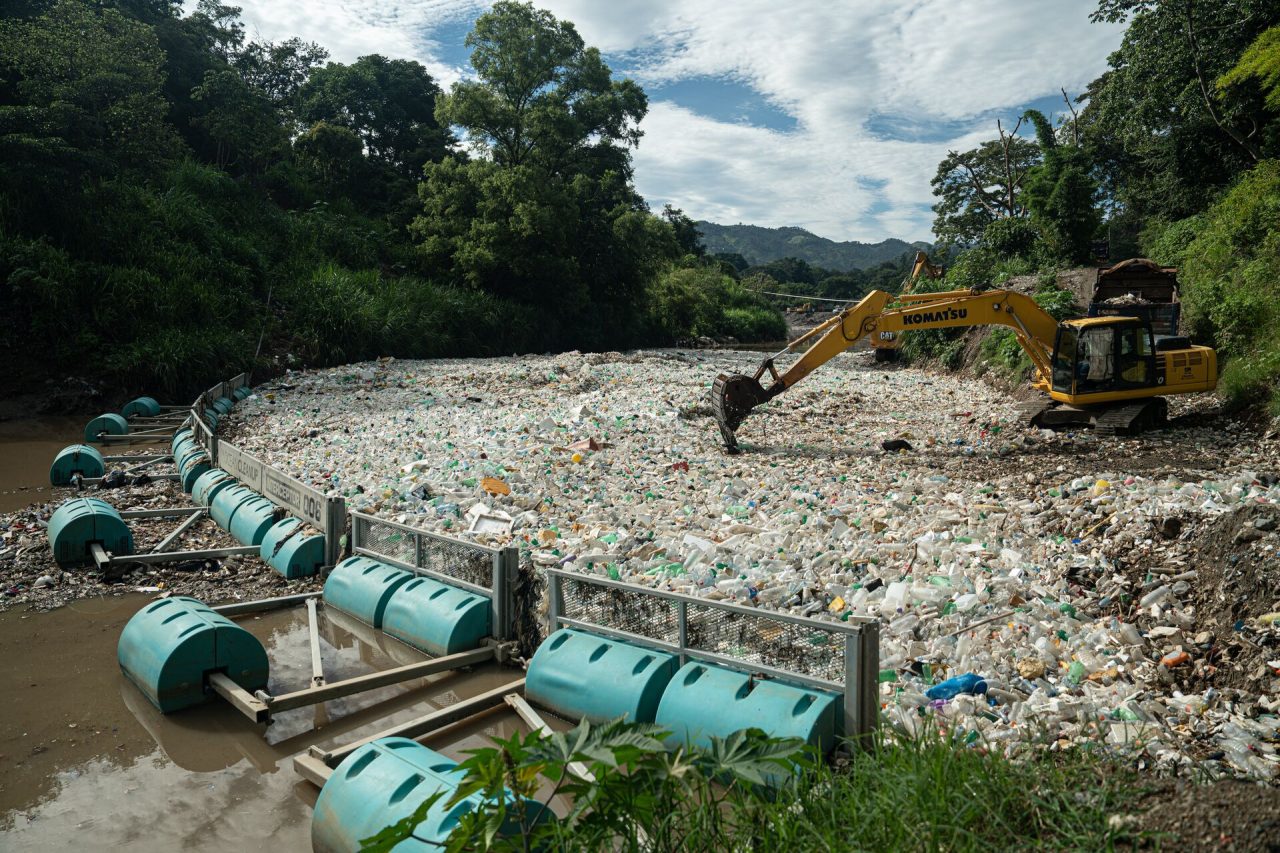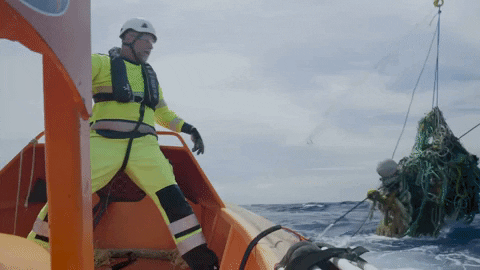Biodegradation of polyethylene by the marine fungus Parengyodontium album
April 2024, article in peer-reviewed journal
Science of The Total Environment
Abstract
Plastic pollution in the marine realm is a severe environmental problem. Nevertheless, plastic may also serve as a potential carbon and energy source for microbes, yet the contribution of marine microbes, especially marine fungi to plastic degradation is not well constrained. We isolated the fungus Parengyodontium album from floating plastic debris in the North Pacific Subtropical Gyre and measured fungal-mediated mineralization rates (conversion to CO2) of polyethylene (PE) by applying stable isotope probing assays with 13C-PE over 9 days of incubation. When the PE was pretreated with UV light, the biodegradation rate of the initially added PE was 0.044 %/day. Furthermore, we traced the incorporation of PE-derived 13C carbon into P. album biomass using nanoSIMS and fatty acid analysis. Despite the high mineralization rate of the UV-treated 13C-PE, incorporation of PE-derived 13C into fungal cells was minor, and 13C incorporation was not detectable for the non-treated PE. Together, our results reveal the potential of P. album to degrade PE in the marine environment and to mineralize it to CO2. However, the initial photodegradation of PE is crucial for P. album to metabolize the PE-derived carbon.

